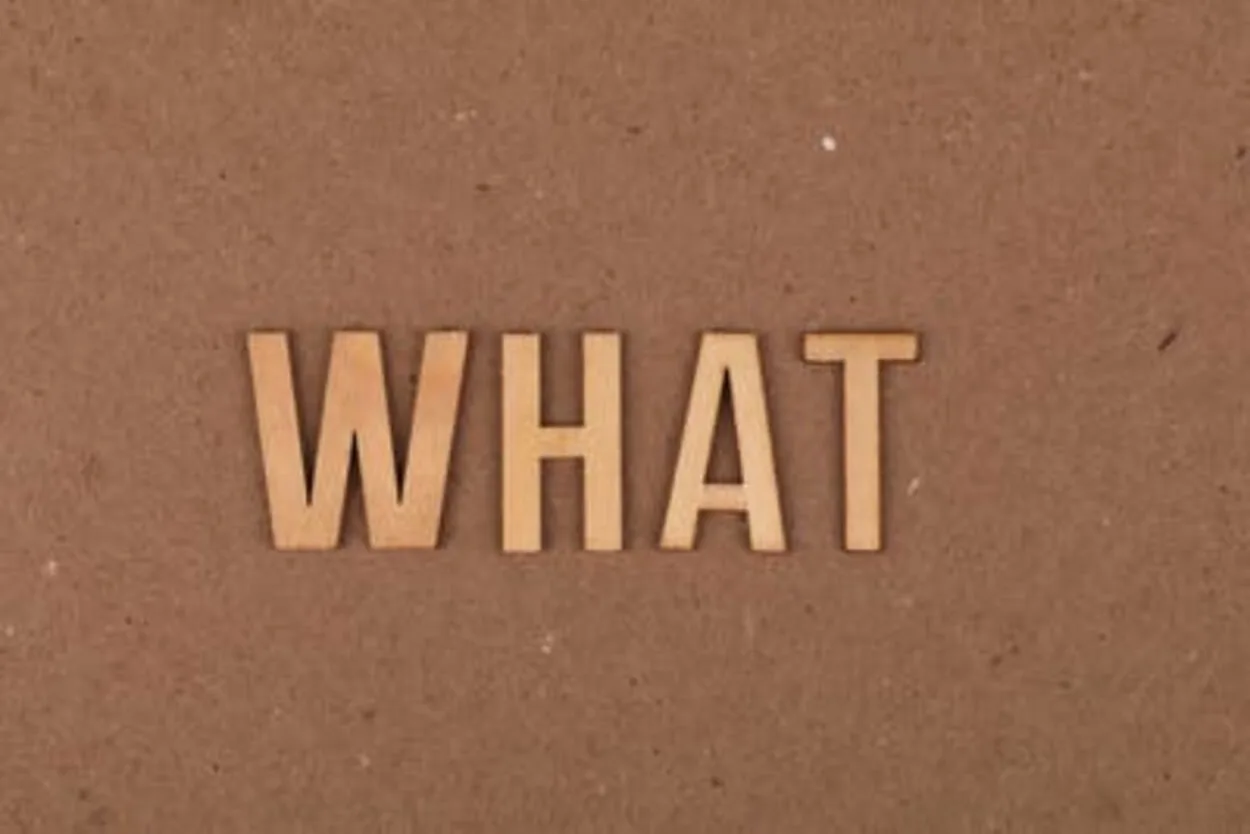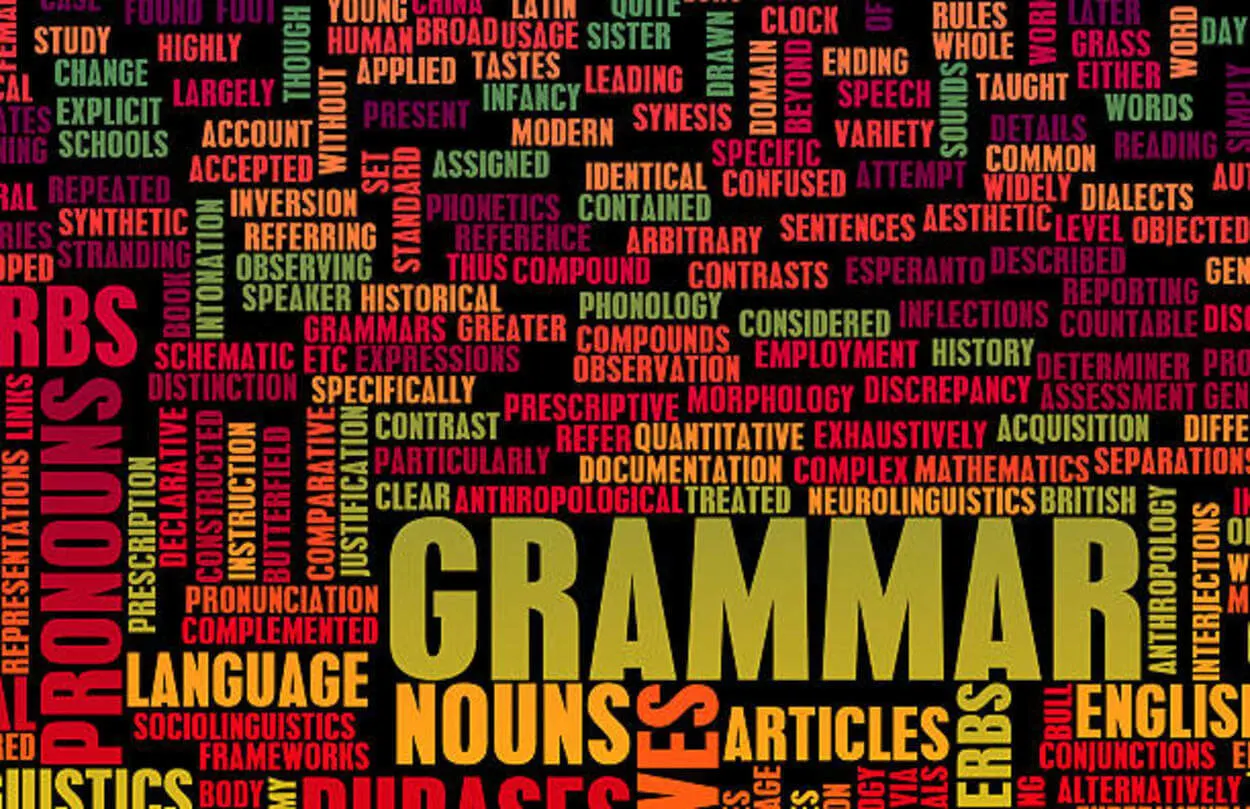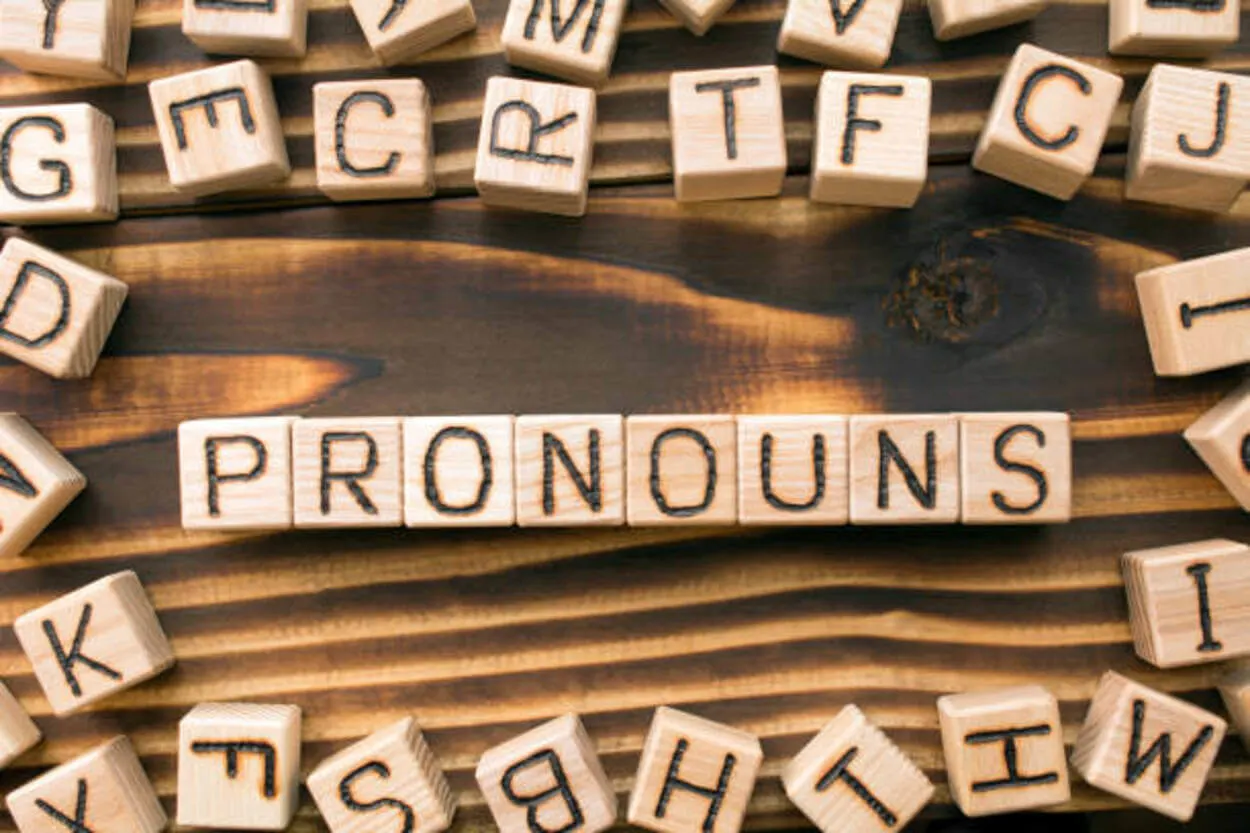Generally, people use the English language to communicate with each other. There are some verbs, nouns, pronouns, adverbs, and adjectives in the English language which are important to make a proper sentence.
“What” and “Which” are two terms used in the English language, these terms are used when an individual asks a question to another individual. “What” is considered a pronoun, while “which” is an adjective.
People often get confused between “what” and “which” and wonder whether there’s a difference between “what” and “which”. People usually find difficulty in deciding which term to use depending on the circumstances.
However, there’s not a huge difference between “what” and “which”, and they’re often interchangeable. In this article, I’ll tell you what is the difference between these two terms.
What Does “What” Mean?
“What” is a word that a person uses to ask a question. The word “what” is a pronoun, where sometimes it acts as a determiner. The primary usage of the word “what” is to pose a question with unlimited data. When there’s more than one answer to a questions, an individual prefers to use this pronoun to pose.
The word “what” is used to question, or inquire about someone. “What” can be used as a subject, object, and complementary verb. People choose to use this pronoun to ask about the unknown and infinite things.
In the English language, this pronoun plays a significant role in questioning and inquiring. There are two types of questions that exist, with infinity options and with limited options. An individual prefers to use this pronoun when asking a question with infinity replies.
Here are some of the examples using the pronoun “what”:
- What is your name?
- What are you reading?
- What would you like to eat?
- What are the chapters you are planning to study for the exam?
- What did you like the most about this city?
- What day is your flight?
The sentences that use “what” end with a question mark that allows people to answer. Generally, the term “what” prefers to pose a question individually. An individual who would like to ask a question or inquire about something to a particular individual primarily uses the term “what”.
“What” is considered an interrogative pronoun that counters the question to others. The pronoun “what” can be used in a sentence like an offering, requesting, or suggesting, when the pronoun had added with some other related words. For example:
- What about Saturday night for a dinner?
- What about going on a beach this weekend?
Notice in the above examples that an individual is offering and asking at the same time. These questions are usually asked by a group of people and sometimes by individuals too.

What Does “Which” Mean?
“Which” is a term that people generally use to ask a question. “Which” is an adjective, where sometimes it acts as determining term.
All the people from all around the world who speaks English use this adjective to question something with limited answers. Instead of using the term “what”, people use “which” when the question has a few options to choose from.
The word “which” is used when an individual wants to know some information in the given limited data. The adjective “which” is used when the clause had dropped and left the meaning of the sentence.
However, sometimes instead of using the term “which”, an individual use the word “that” in sentences where it relates to the things that an individual knew. Here are some examples of the adjective:
- Which dress are you choosing for photos?
- In which school are you planning to go?
- Which flight are you going to take?
- Which pair of shoes have you decided to wear to a party?
As you can observe in the above questions that these questions are being asked from the person. In this first question, an individual who decides on the dress for the photoshoot had limited options. So you can notice the questions using the adjective “which” have limited replies.
When an individual uses the term “which” as a question, the other will give the information about something within the multiples. A person can ask questions to a group of people by using this adjective.

What Are the Similarities Between “What” and “Which”?
Although “what” and “which” have different meanings. “What” is a pronoun and “which” is an adjective, still there are some similarities between these two terms. Such as:
- Both of these terms can be used with nouns to ask questions. In simpler words, both of them are used as interrogative pronouns.
- Both of these terms can be used as a pronouns without noun; as in the sentences ‘which is better?’ and ‘what is more beautiful between the two? In both of these sentences, you can notice that the noun is not used, but is simply substituted by the use of the words which and what, respectively.

What Is the Difference Between “What” and “Which”?
“What” and “which”, both of these words belong to the English language and both these terms have different meanings. Although these terms are used when a person is asking a question to another person, still there are some differences in these words.
The most important difference between “what” and “which” is that “what” is a pronoun used to pose a question, whereas, “which” is an adjective used to pose a question.
Apart from that, when a person uses the word “what” in a question, it means that questions have infinite answers and replies. On the other hand, when a question has the word “which”, it means there is a limited number of answers.
Both of these terms are interrogative pronouns but, their usage varies from each other depending on the situation and circumstance. Apart from that, “what” is used when the information is unknown, while there is some familiar information while with the adjective “which”.
Moreover, a sentence using the word “what” typically ends with a question mark. Whereas, the term “which” sometimes an incomplete sentence in paragraphs.
Here’s a table to give you a clear idea of the difference between these two terms:
| Parameters of Comparison | What | Which |
| Meaning | A word to ask for some information in an unknown category | A word to know information by having limited data. |
| Category | A Pronoun | An Adjective. |
| Usage | “What”, is used when a question has too many replies | “Which”, is used when a question had to limit answers |
| Difference | This Pronoun is used with unlimited data | This Adjective is used with limited data |
| Examples | What is your name? What is the problem? | Which hand will use to write? Which flight are you taking to India? |
Conclusion
“What” and “which” are two main terms of the English language that are typically used when a person is asking a question from another person. “What” is a pronoun and “which” is an adjective.
The term “what” is used when someone is asking for some information in an unknown category. Apart from that, the pronoun “what” can also act as determined sometimes. Primarily, the word “what” is used when you ask a question that has infinite replies and answers.
On the other hand, “which” is the term that people use when there’s a limited number of replies to a question. All the people who speak the English language use this adjective when asking about something with restricted options.
Even though these words have different meanings, still you can use these words interchangeably. It depends on the sentence and situation which term is more suitable. Moreover, there are some phrases in which you can use both of these terms.
Other Articles:
- Hasn’t VS Haven’t: Meanings & Usage Differences
- Cracking The Difference Between “Fall On The Ground” And “Fall To The Ground”
- Happyness VS Happiness: What’s The Difference? (Explored)

